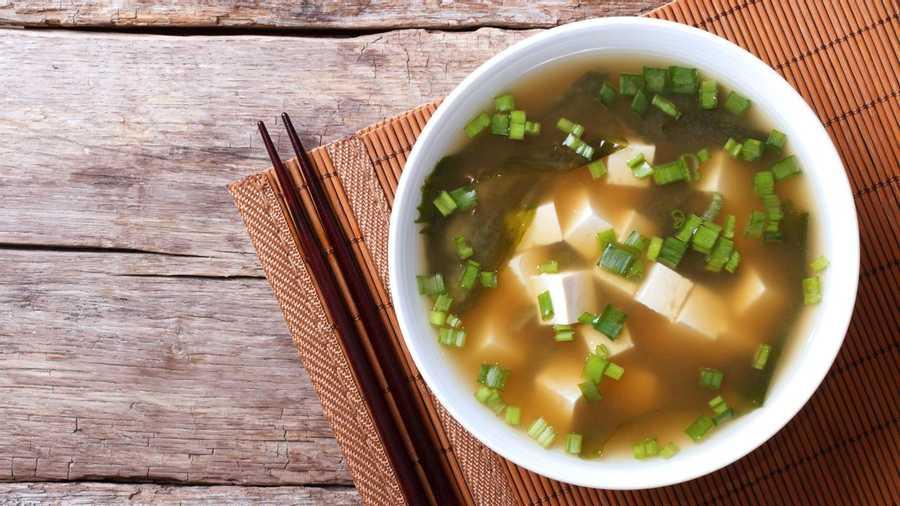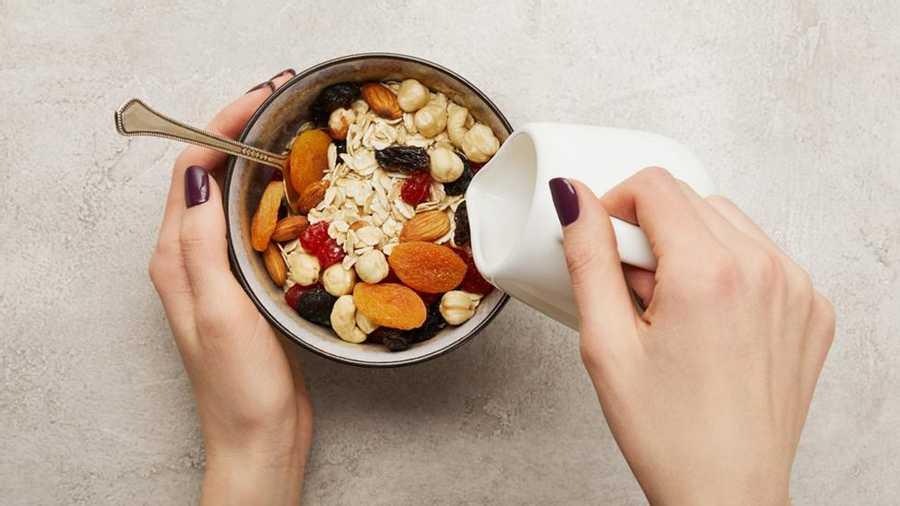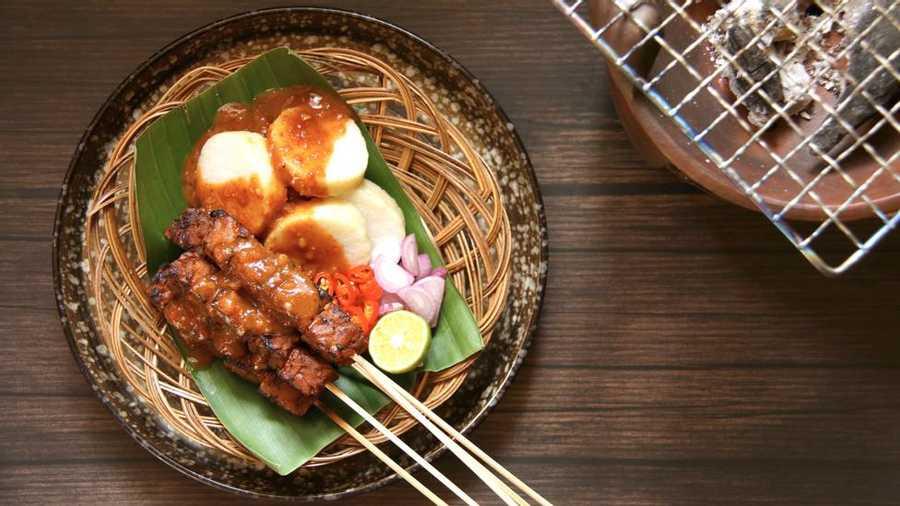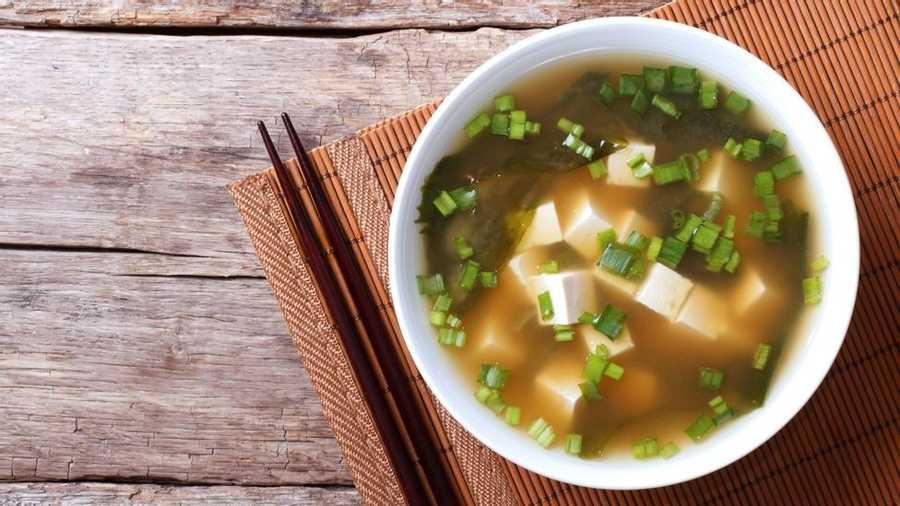Explore the World's Best Ideas
Join today and uncover 100+ curated journeys from 50+ topics. Unlock access to our mobile app with extensive features.
Soya benefits
Soya has only been a common part of the Western diet for around 60 years. Soy products include soy milk, soy burgers and soy-based meat replacements, tofu tempeh, miso and soya sauce.
Soya has also been linked to a lower risk of heart disease compared to other diets. It's a good source of protein, unsaturated fatty acids, B vitamins, fiber, iron, calcium, and zinc.
38
87 reads
The soya controversy
Soya contains a high content of isoflavones that have estrogenic properties. It means they act like estrogen, the primary female sex hormone, and bind to estrogen receptors in the body.
Estrogen can fuel the growth of some types of breast cancer, but it is not clear from research if isoflavones themselves contribute to cancer.
28
122 reads
Cancer protection
There is a 30% lower risk of developing breast cancer among women in Asian countries who are known for their high soya intake (compared to American women). Also, there is a 21% reduction in mortality among women with breast cancer who consumed more soya.
It is not certain why soya protects against cancer risk. It could be because its isoflavones can increase apoptosis (a genetically programmed mechanism that tells cells to self-destruct when they get DNA damage they’re not able to repair). Without this process, damaged cells can turn into cancer.
31
122 reads
Soya studies
It’s difficult to isolate soya’s benefits conclusively:
- No one has given people soya foods, then looked at whether they’re more or less likely to get breast cancer over time than those not given soya.
- One review of evidence into soya's effect on breast cancer risk found studies were adjusted for body mass index (BMI). It means the lower risk of breast cancer could be due to lower BMI, not soya intake.
26
156 reads
Soya and cancer
Isoflavone can act either like estrogen in the body, or it's opposite.
Isoflavone in soya either binds to the alpha estrogen receptor in the body, which stimulates a tumor's growth rate, or it binds to the beta receptor, which decreases growth rate and induces apoptosis.
The impact of soya on breast cancer risk may depend on when we start eating it. Introducing soya after middle-age doesn't seem to reduce the risk or growth rate of tumors, but introducing soya before puberty appears to have a greater effect on reducing tumors.
26
64 reads
Equol and soya benefits
Some research has found that the benefits that soya provides are mostly determined by a woman's ability to produce equol, a bacteria that around 30% - 50% of adults produce in their intestines after eating soy.
It is possible that a person's ability to produce equol, rather than equol itself, is responsible for the benefits of soya.
22
34 reads
Soya concerns
Soya doesn't affect testosterone levels in men. A review of evidence found that regular soya food intake was associated with an almost 30% reduction in the risk of developing prostate cancer.
25
85 reads
Processed soya
Soya’s benefits depend on the type of soya we eat. The isoflavone content is higher in unprocessed soybeans, compared to processed soya foods.
Women should be safe to consume soya foods in amounts consistent with the Asian diet. However, the more soya is processed, the lower the level of isoflavones, which are probably the protective element.
24
43 reads
IDEAS CURATED BY
Elaina Y.'s ideas are part of this journey:
Learn more about health with this collection
Creating a productive schedule
Avoiding procrastination
Prioritizing tasks effectively
Related collections
Similar ideas
2 ideas
Pros and Cons of the Mediterranean Diet
verywellfit.com
16 ideas
A Vegan Bodybuilding Diet: Guide and Meal Plan
healthline.com
Read & Learn
20x Faster
without
deepstash
with
deepstash
with
deepstash
Personalized microlearning
—
100+ Learning Journeys
—
Access to 200,000+ ideas
—
Access to the mobile app
—
Unlimited idea saving
—
—
Unlimited history
—
—
Unlimited listening to ideas
—
—
Downloading & offline access
—
—
Supercharge your mind with one idea per day
Enter your email and spend 1 minute every day to learn something new.
I agree to receive email updates




